6 differences between Nothing Phone 1 and Nothing Phone 2
The Nothing Phone (2) is a direct upgrade to the Nothing Phone (1) of 2022. While many consider the rear panel of the Phone (1) and (2) nothing more than a gimmick, the upgrades to the Nothing Phone (2) have pushed it further into the top end of mid-range Android smartphones.
Significant improvements to the SoC, camera, and other hardware make Phone (2) a different proposition than Phone (1), but what are the changes?
1. Snapdrgon 778G+ vs Snapdragon 8+ Gen 1
Nothing Phone (1) launched with a decent Snapdragon 778G+ but is clearly only for the mid-range market. Its performance is good but nothing spectacular, and only partially meets expectations with Nothing's first smartphone.
Nothing significantly upgrades Phone (2) with its Snapdragon 8+ Gen 1 2022 SoC, enhancing the internals and making the phone much more powerful than Phone (1). It's a change that brings a faster Nothing OS 2.0 operating system and powers other improvements that are about to be detailed.
The following benchmarks taken from the Nothing Phone (2) review show a clear increase in performance.
PCMark 3.0
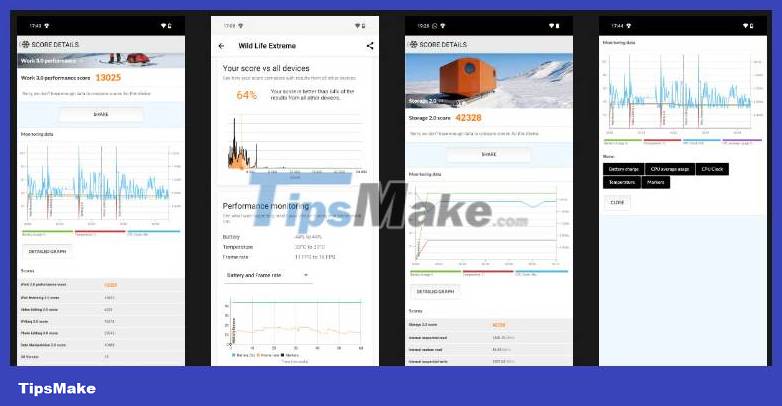
- Nothing Phone (1): 10,830
- Nothing Phone (2): 13.025
3D Mark Wildlife Extreme
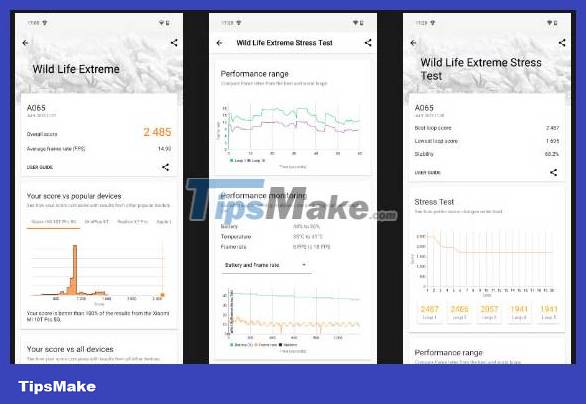
- Nothing Phone (1): 776
- Nothing Phone (2): 2.485
Geekbench 6
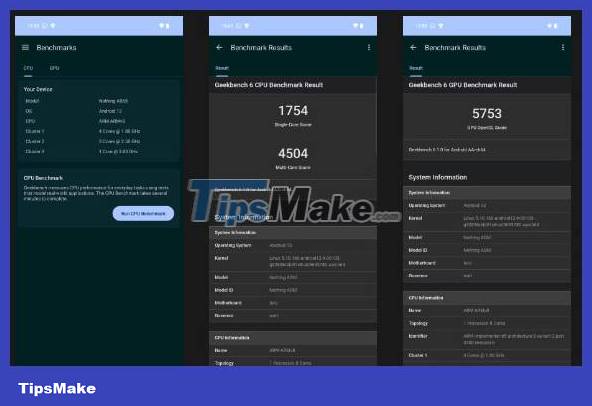
Single core
- Nothing Phone (1): 817
- Nothing Phone (2): 1,754
Multi-core
- Nothing Phone (1): 2,948
- Nothing Phone (2): 4.504
2. Glyph Interface
There are some important changes to Nothing Phone's Glyph Interface (2) - the official name of the panel behind the glowing LED.
First, the LED design is different, with the Phone (2)'s LED being a bit crumbly compared to the Phone (1)'s fully linked design. For example, the main LED on Phone (2) has 6 sections, while the similar LED on Phone (1) is a continuous band.
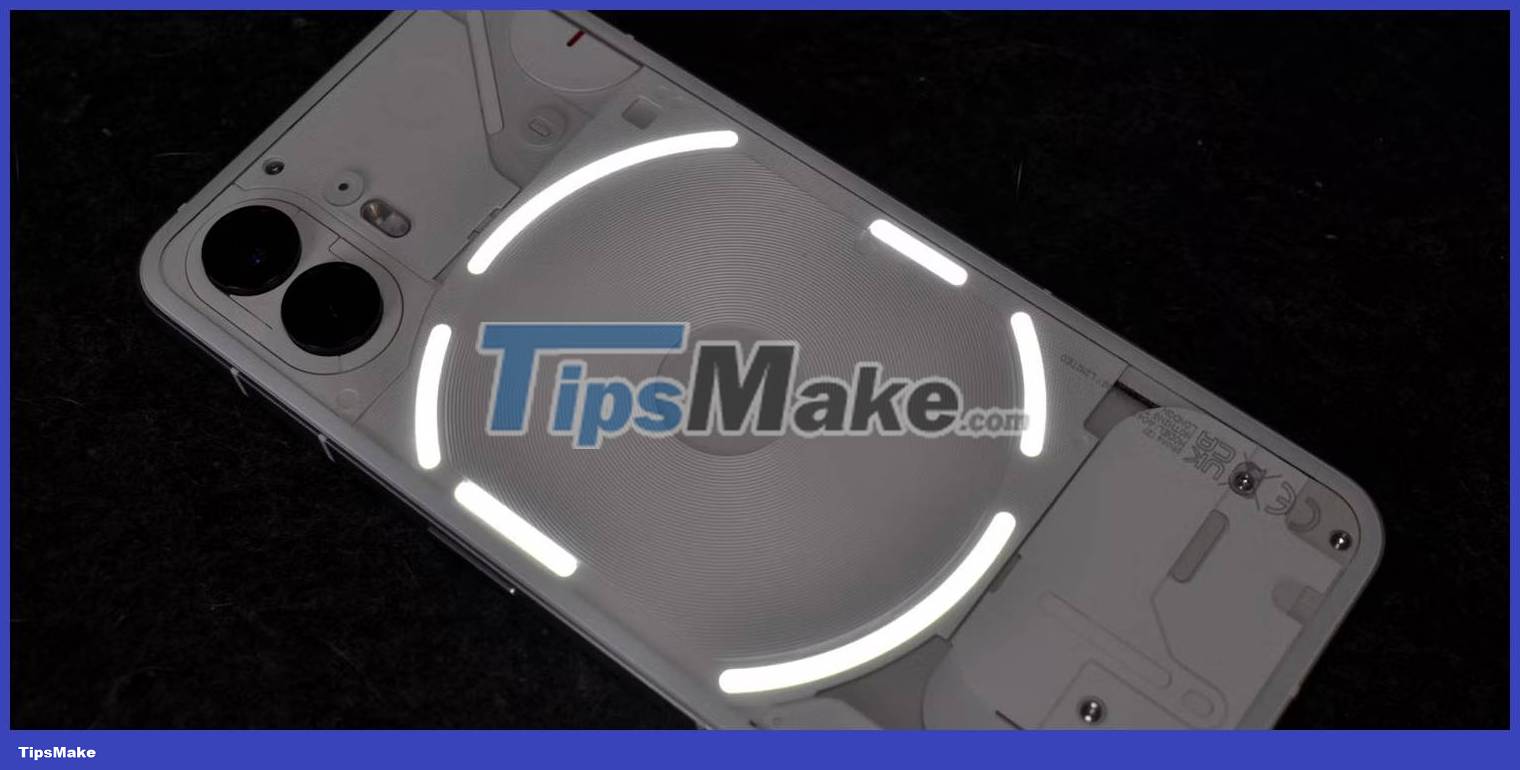
The physical LEDs are not the only change. Nothing also brings significant changes to the Glyph Interface customization options, and you can now create custom Glyph ringtones using Nothing OS 2.0's built-in Glyph Composer menu.
It's a great little upgrade for those who want more control over flashy lighting - but before you consider an upgrade, know that Nothing has released the Glyph Composer app for Nothing Phone (1), which brings similar functionality to its original device.
- (Free - Only works with Nothing smartphones)
3. Upgraded Camera
Nothing Phone (1) has a decent quality 50MP wide/ultra-wide dual camera configuration. It performs well when compared to Nothing Phone (1), but also requires advancement when the next generation comes out.

Interestingly, Nothing retains the same 50MP wide/ultra-wide dual camera configuration but has significantly upgraded the Nothing Phone sensor (2), which now uses a Sony IMX890 that can process "up to 4,000 times more camera data" than its predecessor's sensor.
The upgrade means that Phone (2) has a higher quality than Phone (1), especially in darker lighting situations. It also supports Advanced HDR and has better image stabilization when recording video and improved on Phone (1).
4. Screen size and quality
The Phone screen (1) has some blocking issues. Thankfully, Phone (2) solves these problems directly, with a large dynamic display and much higher brightness.

First, the screen size increased from 6.55 inches to 6.7 inches. The display is now LTPO OLED, which means it can use a dynamic screen refresh rate, adjusting between 1Hz and 120Hz as required. It's a handy upgrade that saves battery life.
Screen brightness has also been significantly upgraded, with the Phone (2) display able to deliver 1,600 nits compared to the Phone (1)'s 500 nits - 3x brighter!
5. Battery life
Nothing Phone (1) has a 4,500mAh battery that lasts about 16 hours on a full charge, depending on how you use the device.
Nothing increases the battery life of the Phone (2) to 4,700mAh, combined with a more efficient LTPO OLED display and an equally powerful Snapdragon 8+ Gen 1 chip, enough for all-day use.
Again, your actual usage time will vary depending on how you use your smartphone, but Phone (2) performs well for about 18 hours of use, provided you frequently switch between apps, use the phone to listen to music and other media content, and serve as a WiFi hotspot.
6. Price
All of the above upgrades are not free. There are 3 models of Nothing Phone (2), all of which cost more than Nothing Phone (1).
| RAM | Memory | Price |
|---|---|---|
| Nothing Phone 2 | ||
| 8GB | 128GB | $599 |
| 12GB | 256GB | $699 |
| 12GB | 512GB | $799 |
| Nothing Phone 1 | ||
| 8GB | 128GB | $320 |
| 8GB | 256GB | $400 |
| 12GB | 256GB | $525 |
As you can see from the table above, Nothing Phone (2) costs more. But as you also read above, Nothing Phone (2) has some significant upgrades over the original.
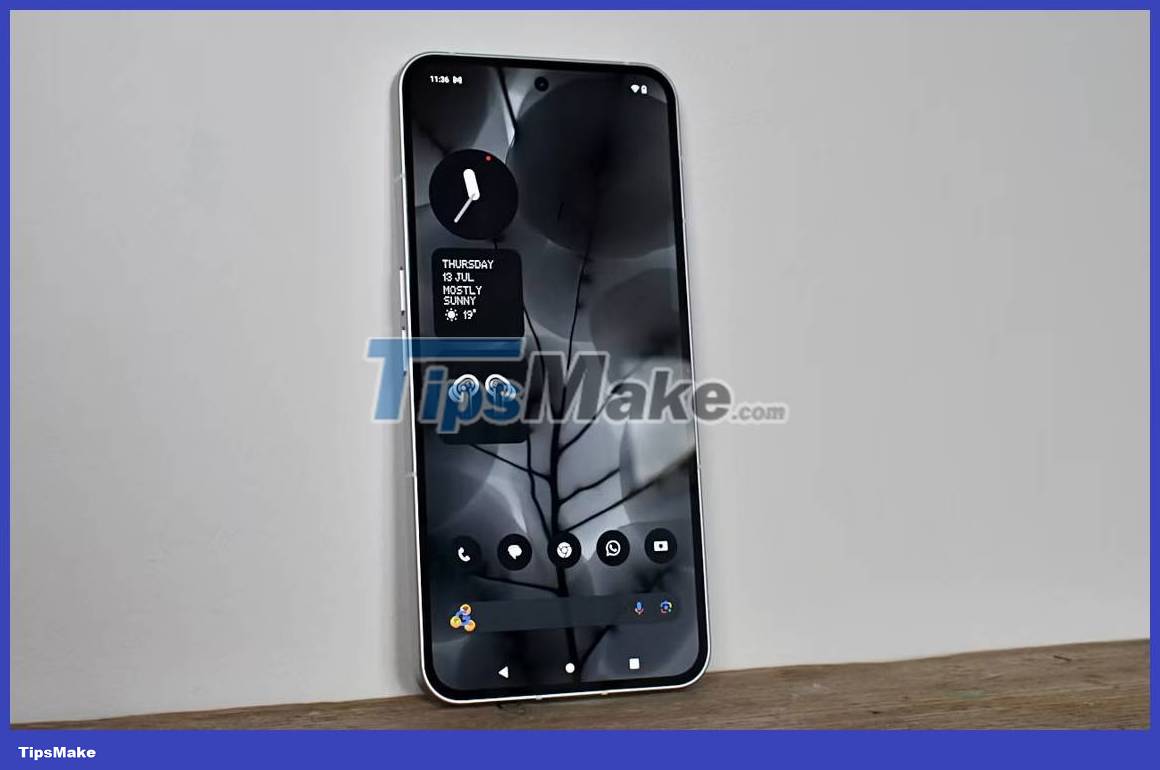
The big question is whether Nothing Phone (2) is still classified as a mid-range phone. Nothing Phone (2) is competing with devices like the Google Pixel 7 and Pixel 7a and the Samsung Galaxy S23, which are at the top of the mid-range Android smartphone market.
For the hardware you get and the overall improvements to Nothing Phone (2) and Nothing OS 2.0, the price is pretty competitive.